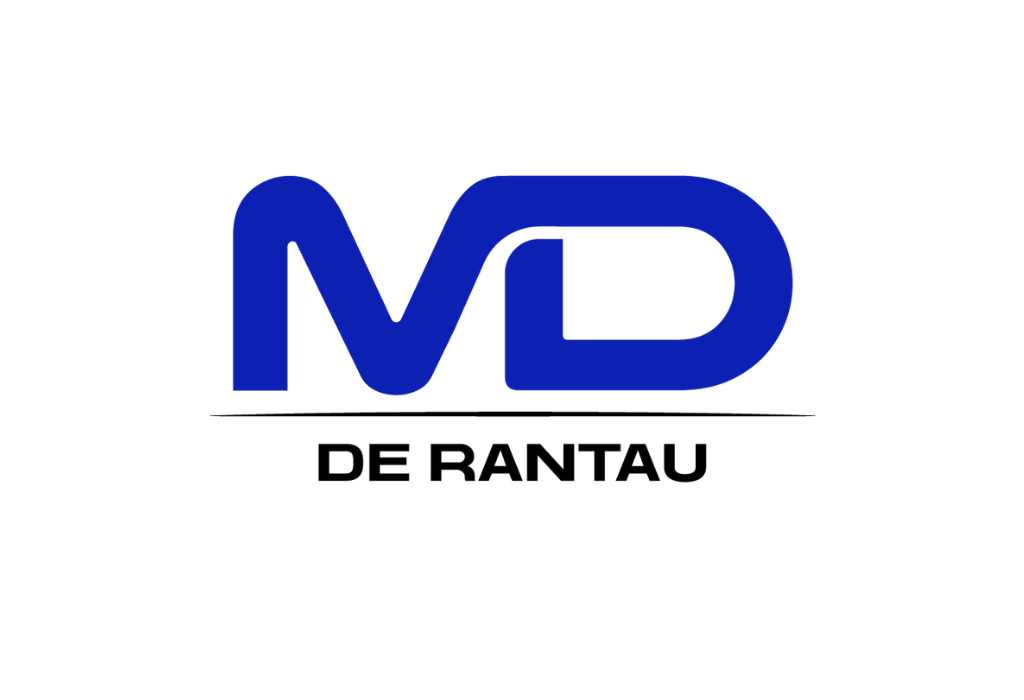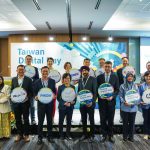By The Malketeer
Fast Internet, Affordable Living, and a Thriving Tech Scene Are Luring Global Talent
The digital age is reshaping how and where work gets done, and Malaysia is seizing the opportunity with its DE Rantau programme, an initiative introduced in 2022 to position the country as a premier digital nomad hub in ASEAN.
According to recent data from the Malaysia Digital Economy Corporation (MDEC), the initiative is yielding impressive results: 1,120 foreign digital nomads have set up their temporary bases here, contributing a remarkable US$20 million (RM87.9 million) annually in direct spending.
A Surge in Digital Nomad Presence
This figure represents a near doubling from the previous year, which saw 559 digital nomads in Malaysia.
The rising trend underscores Malaysia’s growing appeal to remote workers who are enticed by a mix of competitive living costs, reliable infrastructure, and warm hospitality.
The average nomad under this programme earns an annual income of about US$71,000 and spends US$2,000 monthly on essentials such as food, accommodation, transport, and recreation.
This direct spending bolsters local economies and stimulates the tech ecosystem, where many of these nomads actively contribute or even establish start-ups that create local jobs.
Malaysia’s Key Attractions for Global Nomads
A crucial element in Malaysia’s draw is its modern infrastructure, exemplified by a high internet speed rating that earns Kuala Lumpur a spot among the top 20 destinations for digital nomads globally.
A recent assessment by nomads.com places the city at number 16, highlighting an attractive cost of living estimated at US$1,355 per month.
Most digital nomads, particularly those from Russia, Pakistan, Japan, the UK, and the US, choose to base themselves in the Klang Valley, although Penang and Johor Baru are also seeing growing communities.
Beyond the Numbers: Quality of Life and Work Integration
While financial metrics are compelling, Malaysia offers more than just affordability.
The DE Rantau programme not only simplifies professional visit pass applications but also welcomes the families of digital nomads, creating an environment conducive to longer stays.
Pass holders are eligible for an initial stay of three to 12 months, with the option to renew for an additional 12 months.
This flexibility has proven popular, with 25% of applicants choosing to extend their stay.
Additionally, MDEC reports that the integration of digital nomads into Malaysia’s ecosystem extends beyond residency.
These remote professionals often engage with the local tech landscape and, in some cases, launch companies that support job creation and technological innovation.
A Boon for Tourism and Local Services
The presence of digital nomads translates to more than just economic contributions; it boosts related sectors, from tourism to hospitality.
Their steady demand for housing, food services, and entertainment enriches local businesses, creating a ripple effect that strengthens Malaysia’s economy.
Services tailored for this community, such as co-working spaces and tech-friendly hubs, have seen increased patronage, stimulating growth in urban and semi-urban areas.
A Growing Future with DE Rantau
Since its inception, the DE Rantau programme has approved 1,988 nomad passes, a number that promises continued growth with a 25% year-over-year increase in applications.
The initiative appeals predominantly to remote workers (60% of pass holders) and digital freelancers, proving that Malaysia’s welcoming policies resonate with a global workforce seeking a base in Southeast Asia.
For marketing professionals, the influx of this dynamic workforce represents a lucrative segment eager for services, cultural integration, and unique experiences.
As the digital nomad population continues to expand, so do the opportunities for brands to connect with an audience that values quality, accessibility, and lifestyle balance.
Malaysia’s Competitive Edge
As competition among global cities to attract digital nomads intensifies, Malaysia’s strategy offers valuable lessons.
With fast internet, an affordable lifestyle, and programmes that facilitate seamless work-life integration, the nation is not just keeping up but setting a standard.
The DE Rantau programme isn’t just an economic driver; it’s a testament to Malaysia’s readiness to adapt and thrive in the digital age.
For the ambitious digital nomad, Malaysia offers RM87.9 million reasons to stay—and for marketers, that’s a trend worth watching.
MARKETING Magazine is not responsible for the content of external sites.











